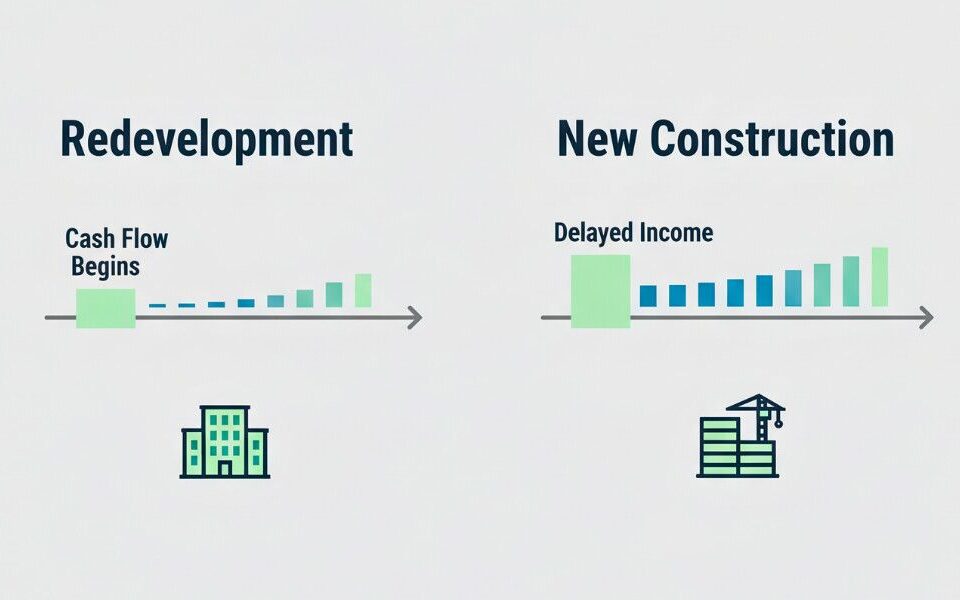Negotiation Tips for a Commercial Property Purchase Contract

Commercial real estate investing can be a great way to build wealth. However, identifying properties that offer good opportunities is only the beginning. Successful investors know how to negotiate purchase contracts. But what can you do to win at the negotiation table? This post explores tips for negotiating a commercial property purchase contract.
Tips for Successful Commercial Property Purchase Contract Negotiations
Thorough Preparation is Key
Successful negotiation starts with thorough preparation. Never negotiate without first assessing your goals and understanding your situation. Set a budget, determine ideal purchase terms, and consider your maximum purchase price. Market research is also critical—analyze recent comparable sales, rental trends, and local economic conditions. Perform due diligence to assess the property’s condition and financial state. Additionally, know the strength of what you have to offer. Knowing your strengths can position you for success, whether an all-cash offer, a quick closing, or a buyer’s market.
Understand the Seller’s Position
Savvy investors understand the transaction from the seller’s perspective. The seller might need a quick sale for financial reasons. Some sellers might want to unload underperforming assets. Identifying their goals allows you to tailor an offer appealing to their needs. For example, if the seller needs to sell fast, a shorter closing timeline could give you an edge. Along with crafting a more attractive offer, understanding the seller’s pressures and priorities can also provide leverage.
Open With a Good Offer
The opening offer sets the tone for negotiations. Starting too high could lead to you overpaying. However, if you start too low, the seller might dismiss you as unserious. Base your offer on your knowledge of the current market, property condition, and seller motivations. Along with pricing, make sure to include contingencies to protect your interests. However, be mindful when adding conditions. Too many contingencies or being too strict can push a seller away. Additionally, make sure the offer has clear language to avoid any misunderstandings.
Stay Emotionally Even
You can’t let emotions drive your decisions during negotiations. No matter how much you like the idea of the property, you must stay objective. If you let emotions lead, you might overpay or make unnecessary concessions. The seller might also detect your eagerness, which could give them the upper hand. Don’t reveal too much enthusiasm; be prepared to walk away if negotiations go sideways. As a last resort, you could also pitch your final terms before ending negotiations.
Make It a Win for Both Sides
A successful negotiation isn’t about “beating” the other side. Getting what you want typically involves creating situations where everyone wins. Sellers are also far more likely to accept a deal if they see a benefit. That’s why you need to understand the seller’s perspective. It can help you create the common ground necessary to close the deal. Sometimes, you only need to give the seller a small perceived win to get the deal over the line. That way, everyone walks away feeling good about the transaction, which could build a relationship for future deals.
Do you need help with real estate investments in Lake Havasu City? Reach out to Randy Shuffler for expert guidance. As a CCIM, he has the skills and knowledge to help with everything from investment strategy to negotiations.




